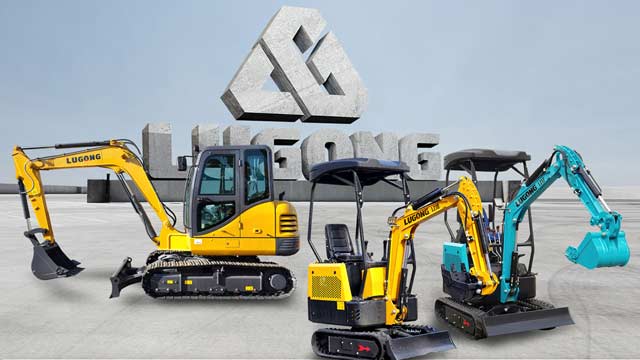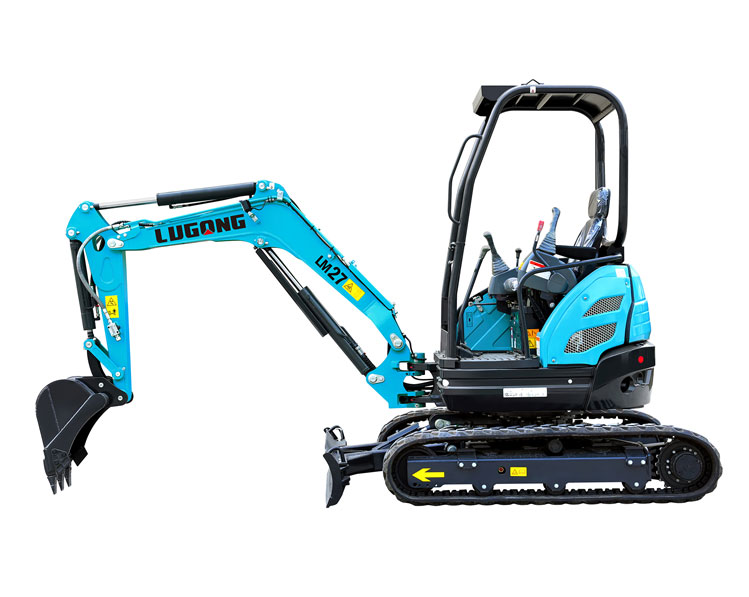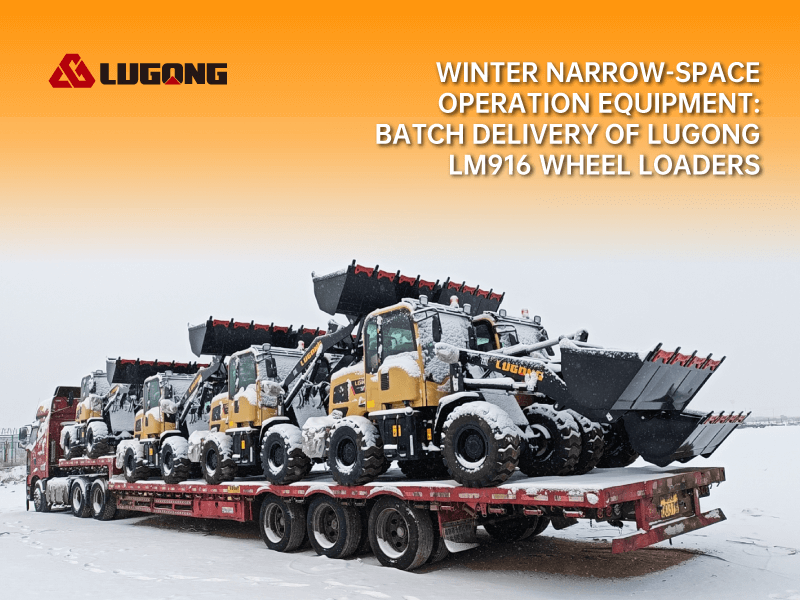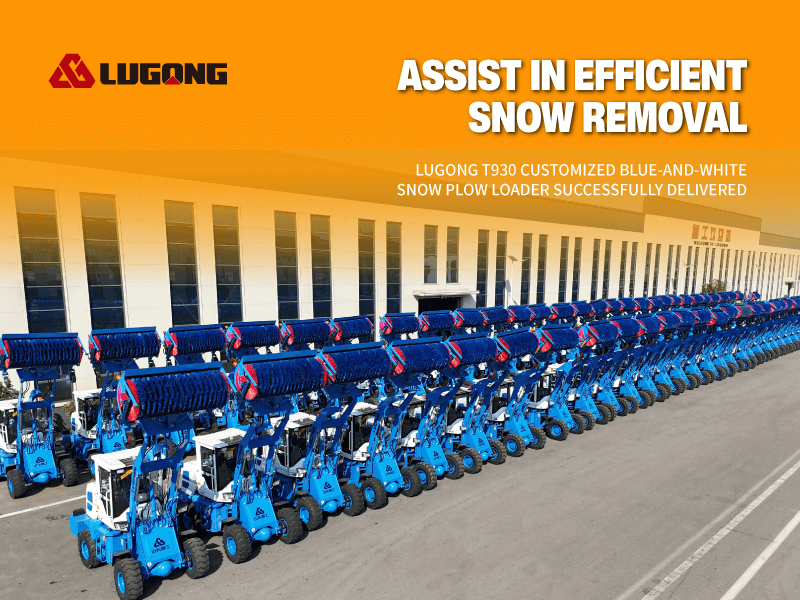The 2 Common Mistakes to Avoid When Operating a Mini Excavator
The 2 Common Mistakes When Operating a Mini Excavator Introduction:
Mini excavators are versatile and powerful machines that are commonly used in construction and landscaping projects. Operating a mini excavator can be a challenging task, especially for beginners. To ensure a safe and efficient operation, it is crucial to be aware of the common mistakes that operators often make. This article will discuss the two most common mistakes to avoid when operating a mini excavator.

1. Neglecting Routine Maintenance:
Regular maintenance is crucial for the smooth operation and longevity of a mini excavator. Neglecting routine maintenance can lead to costly repairs and downtime. Here are some key maintenance tasks that operators should perform regularly:
a. Lubrication: Proper lubrication of all moving parts, such as the tracks, pins, and boom, is essential to prevent excessive wear and tear. Operators should follow the manufacturer’s guidelines for lubrication intervals and use the recommended lubricants.
b. Inspection: Regularly inspecting the mini excavator for any signs of damage or wear is important. Check for loose bolts, leaks, damaged hoses, and worn-out tracks. Addressing these issues promptly can prevent further damage and ensure safe operation.
c. Filter Replacement: Air, fuel, and hydraulic filters should be checked and replaced as recommended by the manufacturer. Clogged filters can affect the performance of the mini excavator and reduce fuel efficiency.
d. Fluid Levels: Regularly check the levels of engine oil, hydraulic fluid, and coolant to ensure they are at the recommended levels. Low fluid levels can lead to overheating and damage to the engine or hydraulic system.
By following a regular maintenance schedule, operators can keep their mini excavators in optimal condition, reduce the risk of breakdowns, and increase their lifespan.

2. Improper Operation Techniques:
Operating a mini excavator requires skill and precision. Here are some common mistakes that operators should avoid:
a. Overloading: Mini excavators have specific weight limits that should not be exceeded. Overloading the machine can result in damage to the hydraulic system, tracks, or even tip-over. Operators should be aware of the machine’s weight capacity and never exceed it.
b. Incorrect Bucket Usage: Using the wrong bucket size or type for a specific task can affect the efficiency and safety of the operation. It is important to select the appropriate bucket based on the job requirements, such as digging, grading, or trenching.
c. Improper Digging Techniques: Digging too deep or at the wrong angle can destabilize the mini excavator and increase the risk of accidents. Operators should be trained on proper digging techniques, including maintaining a stable position and using the correct bucket angle.
d. Ignoring Safety Precautions: Safety should always be a top priority when operating a mini excavator. Operators should wear appropriate personal protective equipment, such as helmets, gloves, and safety boots. They should also be aware of their surroundings, avoid working on unstable ground, and never operate the machine under the influence of alcohol or drugs.
By avoiding these common mistakes and following proper operating procedures, operators can ensure safe and efficient operation of mini excavators, leading to successful project completion and increased productivity.
The 2 Common Mistakes When Operating a Mini Excavator Conclusion:
Operating a mini excavator requires skill, knowledge, and adherence to safety guidelines. Neglecting routine maintenance and improper operation techniques are two common mistakes that operators should avoid. By following a regular maintenance schedule and practicing proper operating procedures, operators can maximize the lifespan of their mini excavators, enhance safety, and achieve optimal performance.


